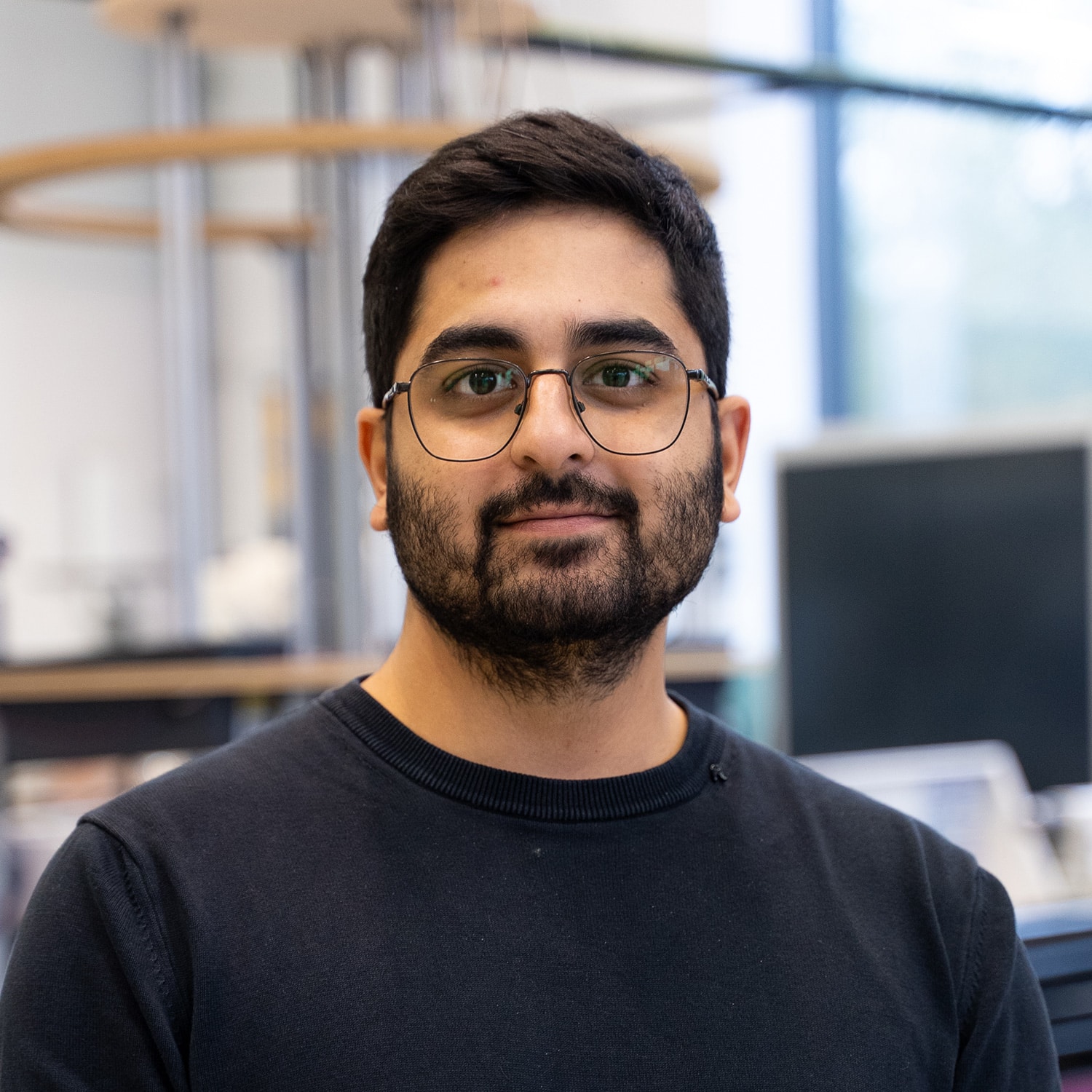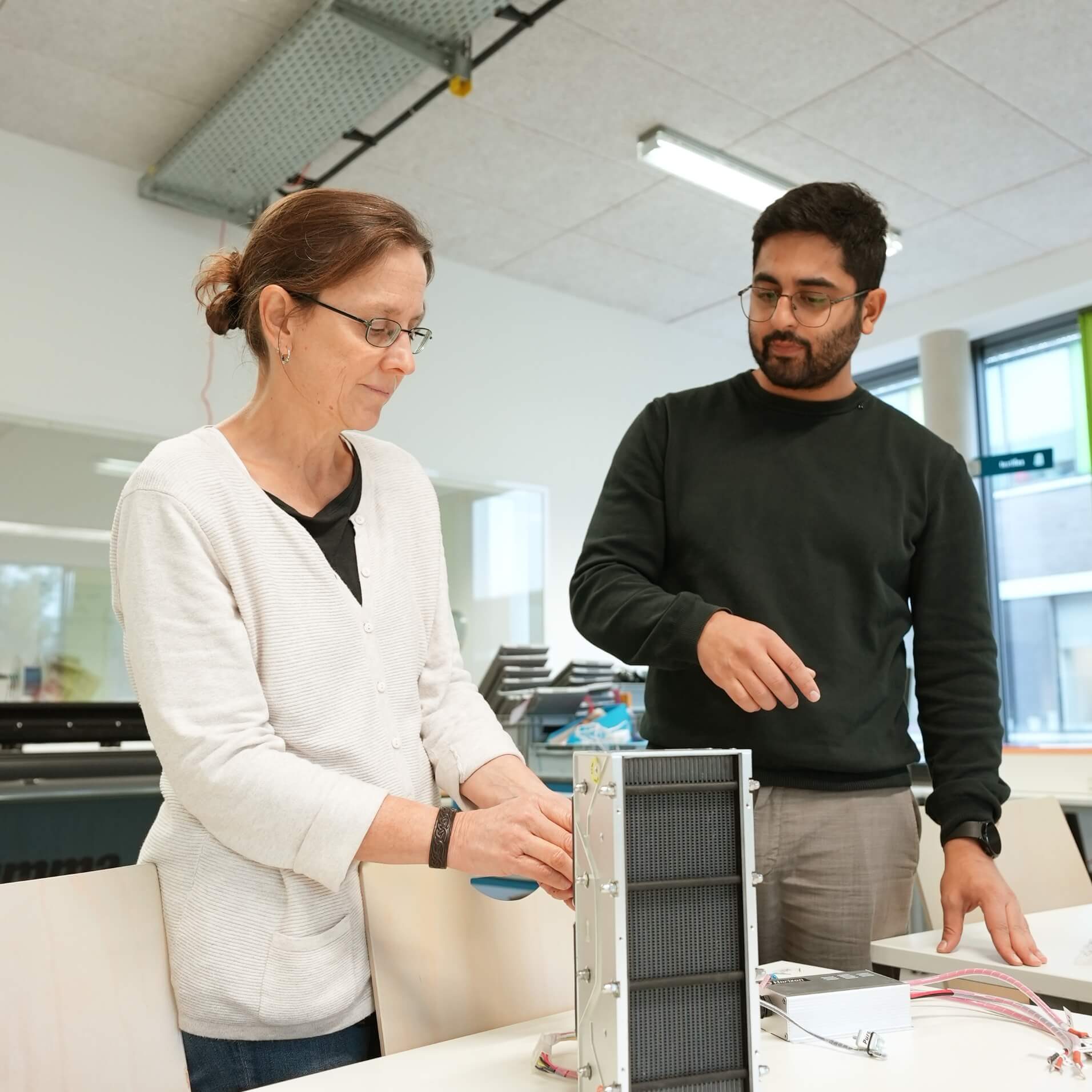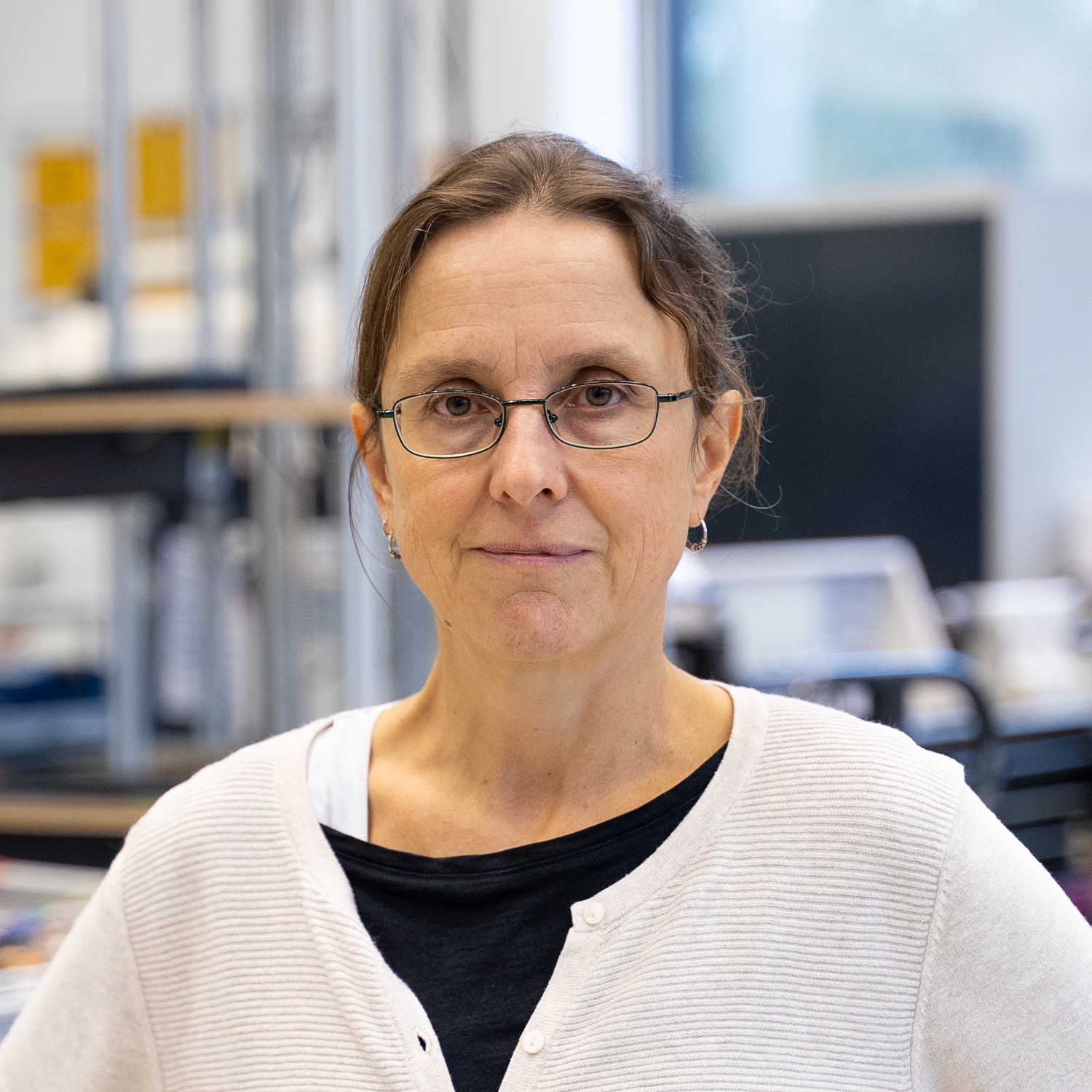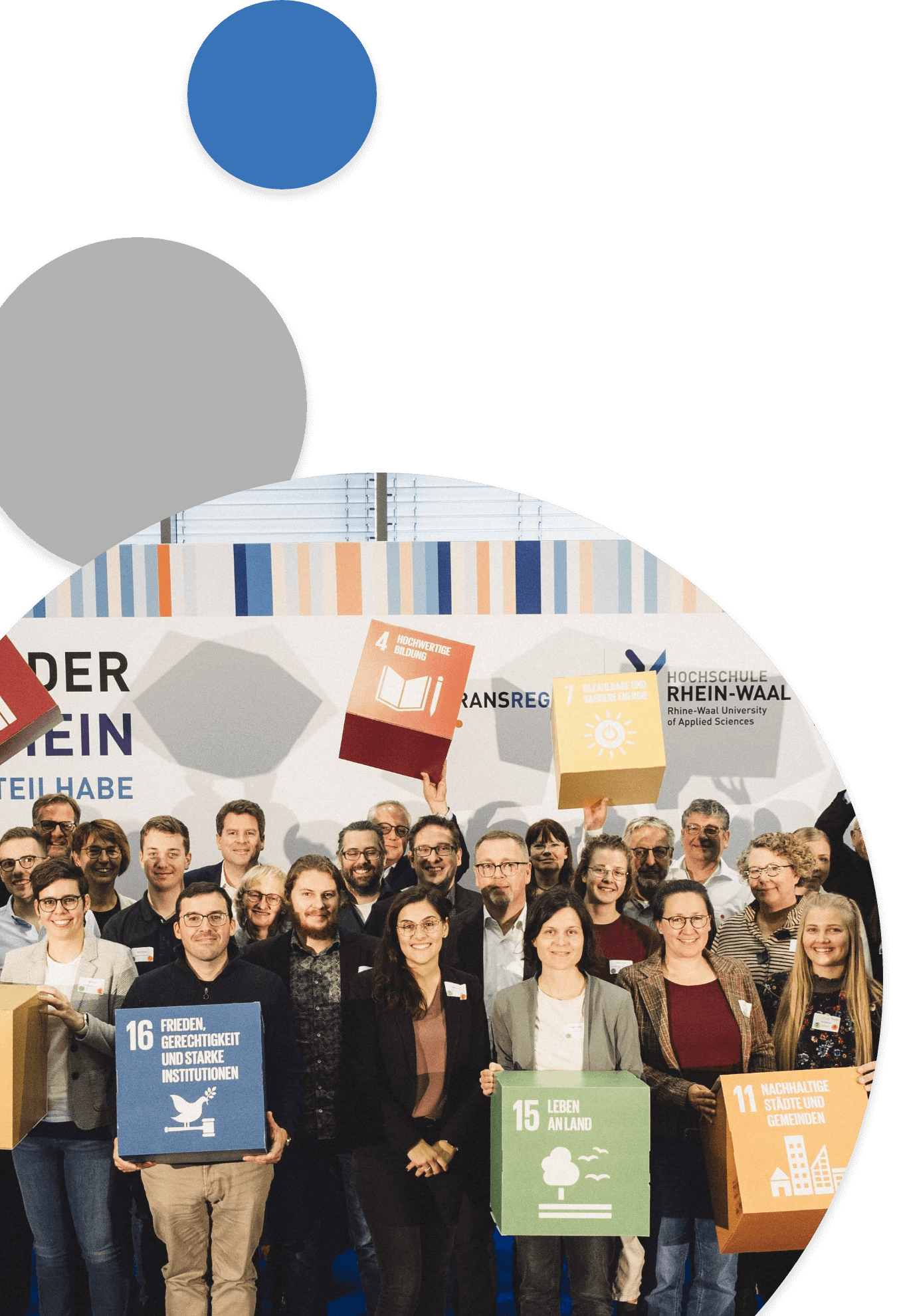

A green future for the Lower Rhine!
The term hydrogen has been on everyone’s lips for some time now. And rightly so, as it’s considered to be the energy storage system of the future and plays a key role in our energy transition. That’s because renewable energies such as photovoltaic and wind power have the disadvantage that they are dependent on external factors – in this case the sun and wind – and as a result they don’t always produce energy in line with demand. With the help of hydrogen, energy that’s not needed immediately can be stored and (re)converted into electricity and used at a later point in time. “In contrast to batteries, hydrogen can store energy for months without any loss, which is a decisive advantage,” as Professor Irmgard Buder explains.
And hydrogen can do even more: it replaces fossil fuels and can power various means of transport such as buses, trains, lorries, and cars. That means it can also help to reduce CO2 emissions in the transport sector.
However, hydrogen is only an energy carrier, meaning energy is required to produce it. The term green hydrogen is used to describe hydrogen that is produced without the release of carbon dioxide, for example if it’s produced by electrolytic water splitting, and the electrical energy required for that comes from renewable sources.
Hydrogen is used in numerous industrial processes, for example in the manufacturing of fertilisers or in polymer production. In energy storage and mobile applications, however, the hydrogen economy is still in its infancy. But there is huge potential in this area and it’s the subject of ongoing research – including here in the Lower Rhine region. Many companies are already working on this future technology and are actively cooperating with the university, for example through internship semesters, bachelor theses and student projects.
Building networks
The Hydrogen on the Lower Rhine project has the goal of helping to kick-start the hydrogen economy in the Lower Rhine region and build networks. From the very beginning, those participating in the project were keen to involve other partners. In addition to employees of Rhine-Waal University of Applied Sciences, those partners include companies, local authorities, and other players in the hydrogen industry.
The biggest challenge now is that there’s still no real hydrogen market – neither for producers nor for users. That means that production, transport, storage, and consumption often have to be organised by one company. In a successful hydrogen economy, these steps in the value chain should be handled by various specialised providers to lead the Lower Rhine region into a green future.
Youth research
In keeping with the motto of youth research, the Hydrogen on the Lower Rhine project is also aimed at pupils and students. Projects have already been initiated in both target groups. For example, students are building a small fuel cell that can be used to convert hydrogen into electrical energy.
INTERDISCIPLINARY STUDENT PROJECT IN COOPERATION WITH OMEXOM
The “H2-Power substituting diesel generator” project aims to develop an environmentally friendly replacement for diesel generators in cooperation with Omexom by utilising hydrogen as a renewable energy source. 13 students from five different degree programmes at Rhine-Waal University of Applied Sciences are working together with trainees from Omexom GmbH on a hydrogen-powered backup generator. A key milestone in the project is the completion of a prototype.

With this year’s interdisciplinary project “H2-Power substituting diesel generator”, we are applying for the University Award of the Kleve District Economic Development Agency.
Want to find out more about the interdisciplinary project? You can find all the information in the application document.
Team Hydrogen in the Lower Rhine region
- Alle
- Transformation projects




